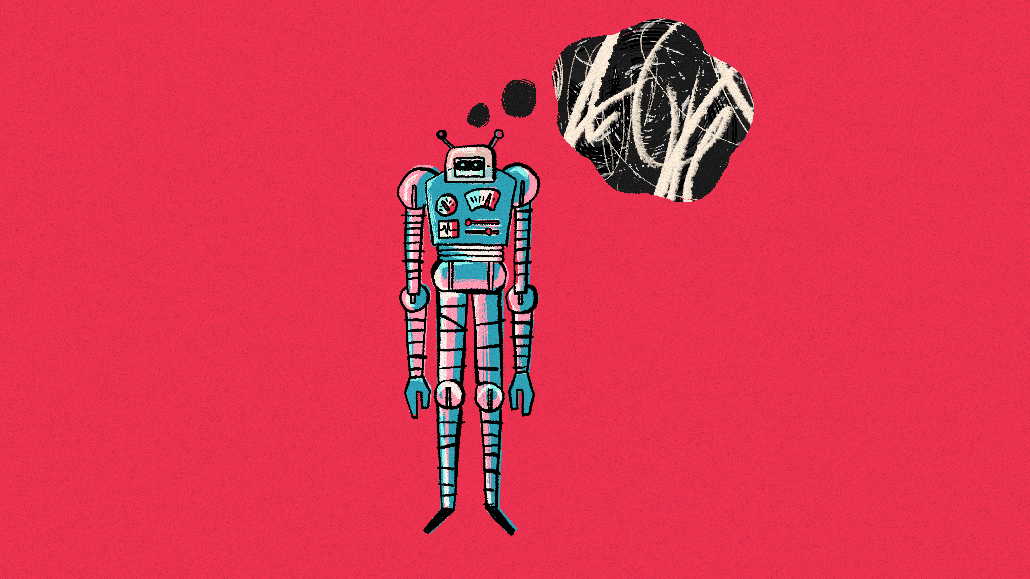Save 50% on a 3-month Digiday+ membership. Ends Dec 5.
How advertisers can deal with generative AI’s copyright conundrum

Brands and agencies know better than to use copyrighted work in their campaigns without permission (or they should). But what about content created using generative AI tools that may be trained on copyrighted work without the copyright owners’ consent?
To what extent copyright law applies to generative AI tools is a legal gray area. Companies including OpenAI, Google and Microsoft assert it’s fair use, whereas others such as News Media Alliance, IAC and The New York Times argue it’s not.
The U.S. Copyright Office is studying the matter, but in the meantime, this ambiguity is cause for concern among marketers who may be best off deploying tactics to insulate themselves against any potential copyright claims, as covered in the video below.
More in Marketing

Ulta, Best Buy and Adidas dominate AI holiday shopping mentions
The brands that are seeing the biggest boost from this shift in consumer behavior are some of the biggest retailers.

U.K. retailer Boots leads brand efforts to invest in ad creative’s data layer
For media dollars to make an impact, brands need ad creative that actually hits. More CMOs are investing in pre- and post-flight measurement.
Ad position: web_bfu

